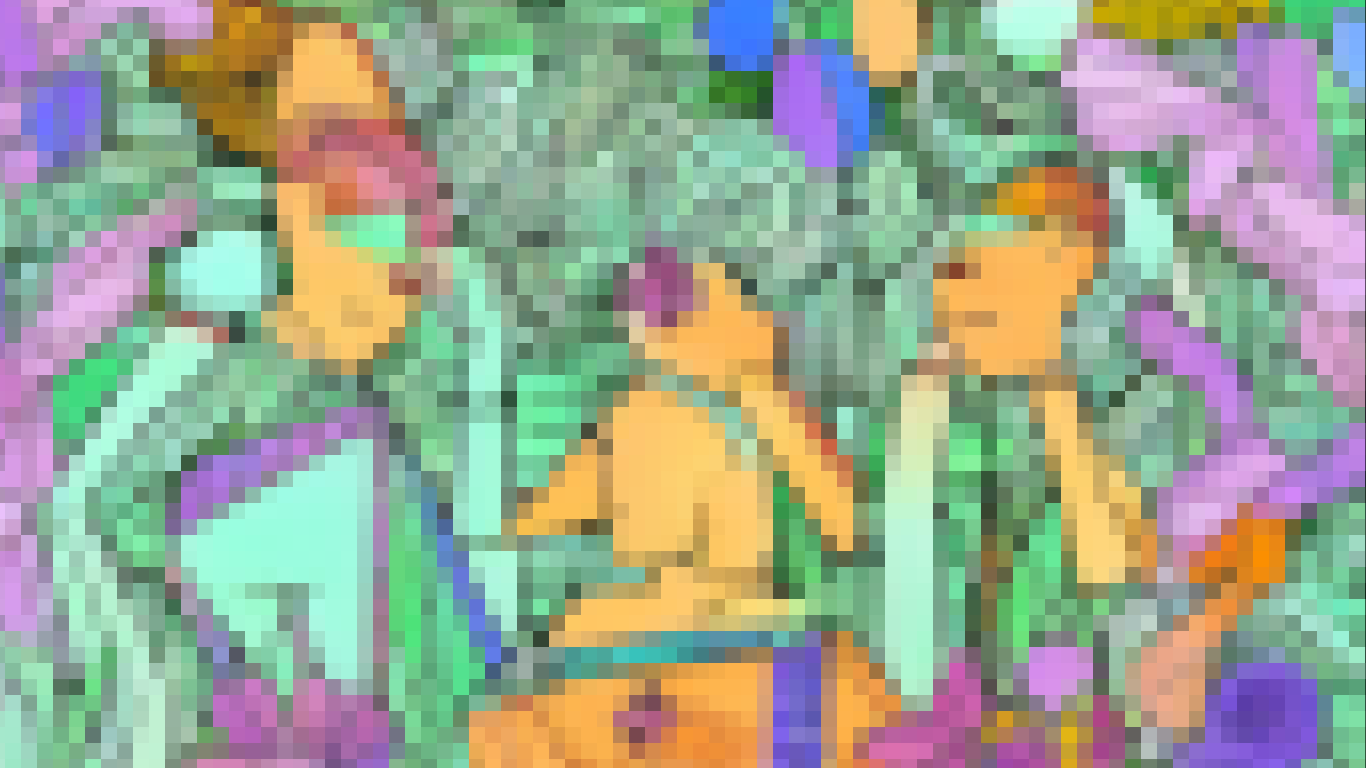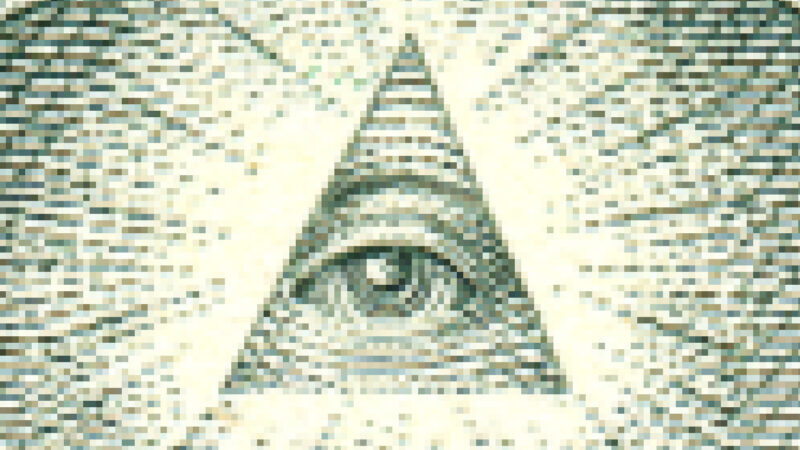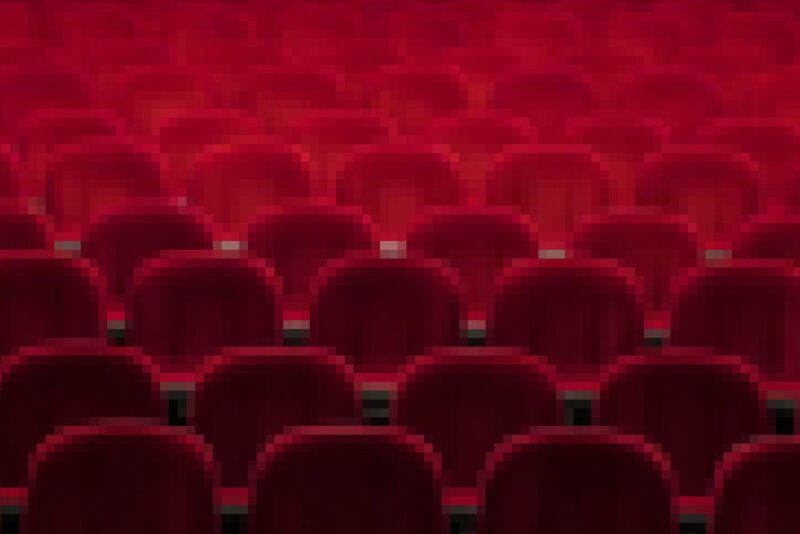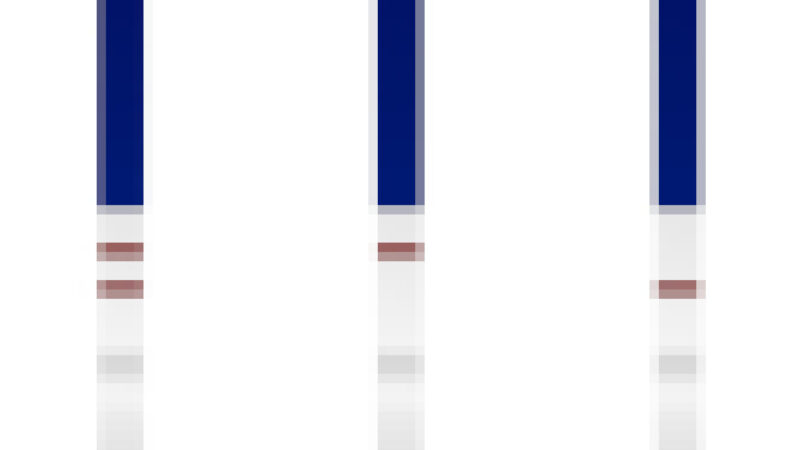“Our conventional response to all media, namely that it is how they are used that counts, is the numb stance of the technological idiot.”
Marshall McLuhan (Understanding Media)
Despite new communications theory and flourishing work in new media studies departments, marketing ethics in practice are still based largely on individual responsibility narratives. Commonplace ethical guidance in communications typically suggests adherence to antique ontological and epistemological value propositions. Do a simple web search and you’ll find lists of modern beatitudes or Aristotelian virtues, from marketing consultancies and academic departments to NPR’s well-known handbook for journalistic ethics: honesty, fairness, transparency, accuracy, empathy, etc.
There is no doubt, these are admirable qualities in an individual. For what it’s worth, the world may be generally “better” (whatever that means) if all human actors practiced these virtues. Like most other situations, we naturally expect our media situation would be ameliorated by more virtuous participants.
It’s understandable that we consider the virtual world also at the human scale we’ve become accustomed to: properly virtuous purveyors or leaders would do less harm; properly virtuous recipients or constituents would disperse, negate, or simply not accept promiscuous communications thereby diffusing negative impact (and the inertial forces) of the existing exploitative systems.
These sentiments do possess kernels of truth. That is what makes them dangerous.
Consider the lasting impacts of modernity and the 20th century whereby (in North America at least) we’ve been practicing “personal responsibility culture” for generations. Ultimately, these epistemological value ethics have served to be nothing but comforting rationalizations for benevolent—albeit psychologically distressed—actors in the contemporary world. Instead of preventing the metastasis of harmful systems and their effects, the retreat to emphases on individual epistemological responsibility for virtuous communication practices tacitly perpetuates systems of power it seeks to oppose.
Modern globalizing social matrices and contemporary internet-connected virtual communities alike both grow and evolve through diffused networks beyond the scale of an individual biological actor’s ability to strategically adapt in anticipation and prevention of species-wide—and ecological—harms. So long as we tell ourselves these narratives of atomized responsibility, we perpetuate the harm of the legacy systems we seek to dispel.
Journalistic discourse is a key example. Arguments about how to minimize the negative impacts of contemporary news media still withdraw to the notion that the individual actor is the site of the problem and therefore the site of the solution. Through personal, localized, and well-trained forms of engagement, we are encouraged to resist extant systems with virtuous thought or communication-acts, thereby hoping to dispel the malicious enchantments of contemporary media. Consider NPR’s membership drive for “journalism you can trust” and Fox’s slogan “Fair and Balanced.” You may believe one is more legitimate than the other, but ultimately they appeal to the same epistemological value ethics to provide ontological stability (or, at least the appearance of it) for their purveyors and recipients. These narratives empower listeners by appealing to our desire for a world in which individual knowledge, and therefore self-determination, is equally possible for all people. They do this, despite the apparent evidence to the obvious: information, narratives, and facticity do not exist on a stable, monolithic, referential plane which we all occupy (or could “if only we tried”).
When MSNBC changed their slogan to “Lean Forward” in 2010, many within the organization and larger journalistic world recoiled at the outright expression of political motivation. Nevertheless, if you watch MSNBC for any length of time, you’ll still find that the ethical appeals revert to the same basic tenets to justify certain news and stories over others. So long as the organization continues to suggest that “to lean forward” is the natural, obvious thing to do for any honest, empathetic, accountable epistemological actor, it is part of the same malignancy of Fox News which accomplishes the same thing through the inverse design of slogan and rhetoric.
The state of affairs cannot be that clear and obvious with so much disagreement.
Our inadequate political media is not reducible to poor human inputs and deprecated biological receivers. Virtuous epistemological actors communicating across ‘transparent’ airwaves alone cannot help us through this period. In our shared limbo, the legacies of Cartesian rationalism and dreams of Laplacean mechanistic utopianism populate an escapist hallucination.
Most implementable subject matter for “responsible marketing” reads like this:
How to do socially responsible communications:
1. Be socially responsible.
2. Communicate it.
This is not only insufficient, but despite good intentions perpetuates systemic harms that offset any well-being that’s inspired. Constructing and implementing a new socially responsible theory of communications itself is crucial to the evolution of our species. Those of us involved in content creation and engagement mechanisms (a number growing daily) are actively designing the values and virtual spaces which positively or negatively impact the adaptive instincts and well-being of diffused, populated networks irreducible to individual biological nodes. It is not enough to assume that same content engaged differently will be enough to alter the course of our impending extinction.
As professionals we must accept the hard truth that there is no stable monolithic plane to which individuals’ thoughts, motives, and actions refer. We cannot bypass, short-circuit, or spin the clock back on this state of reality—no matter how upsetting it is—through old religious mythologies or antique political ideologies. “Correct” sympathies or alignments cannot pull us all from the morass of base effects in which we are mired.
The return to more organic and therefore new ecological ontologies of “stability” requires engaging media itself in active design and cultivation. Only by leaning into the complexity and precarity of our fellow biological subjects can we begin to establish “network ecology” based on a system of values which can emerge from diverse, localized, symbolic and semiotic exchanges (even if they are “virtually localized.”)
“In the electric age we wear all mankind as our skin.”
Marshall McLuhan (Understanding Media)
Consider how competing political affections both made appeals to these antique Cartesian agential ontologies in response to Covid-19.
An inhuman actor usurped our sense of power and individual self-determination. Both parties generally addressed the problem by blaming the effects on the inputs and outputs of individual agents. On one hand, the political right sought to regain control from the viral intruder by identifying malevolent actors, i.e., those individuals who either input the viral agent into our biological network, or those who input the fear or malicious viral information into our network. On the other hand, the political left sought to regain control by identifying points of input for the viral agent itself, and embargoing those sites of potential entry. Both responses are based on the same belief that our circumstances are a result of atomized, individual responsibility (or lack thereof).
Ironically, the concept of virality is an apt metaphor for most working theories of the relationship between individuals and networks. It is apropos that in the 21st century internet-connected world, the agent who caused us the most trauma was the very agent from whom we developed our own global network ontologies for power and influence.
In a late-capitalist era, biological virality mimics familiar market ontologies (or maybe, vice versa). Ideas, content, communication idealize virality as the quickest way to proliferate power and sustain influence through networks, via replication, unbridled growth, and accumulation. Like capital, it is a mysteriously simple thing.
Social media solutions for establishing healthy control over communications networks follow a viral ontology: put barriers between eyes and classified viruses. Social media networks have learned population control using the same ontologies which the pharmaceutical industry has used for generations: increase good inputs, embargo poor ones.
As we move toward holistic health frameworks in response to the malpractice of the pharmaceutical and medical industry, so must follow our response to the malpractice of virtual and communication networks.
What is needed are virtual-ecologists, individual actors, and leaders who strategically cultivate well-being within identifiable networks, not by misvaluing unbridled growth (virality), but by idealizing a return to equilibrium. This requires virtual community growth which achieves sustainable pockets of life seeking balance rather than viral, capitalistic satisfactions.
One example I see of this kind of work is being done by online streamers who still ultimately find themselves delimited by the restrictions of their biology. Notably, many of these individuals have developed long-fought for equilibriums within a system almost exclusively based on the market premises of extreme risk—unbridled growth or complete decline. (Granted, their content creation allows the unbridled growth of those platforms which leech off of their content, and encourage its infinite accumulative impulses for its own gain.)
Most online creators cannot scale their own content creation beyond the realities of biological life and production. The most insane attempts at 24-hour (or longer) streams are the exception that proves the rule. In the best cases, those who get genuine value from the activities they share reach points of equilibrium with audiences who genuinely value their contributions, and provide enough shared resources to support the community’s continuance.
This is what I believe to be the healthiest, most realistic thing we can do for our future world. The ecological crisis begins in our own increasingly virtual communities and organizations.
No one will change the world by making a great idea go viral. It is the mechanism of virality itself which continues to sicken a dying planet. A global equilibrium, a healthy global ecology (including virtual-ecologies) can only be stabilized on the backs of small, diverse nodes and communities of health and well-being.
Practically, what does this mean? A lot of things, starting with this: unsurprisingly, health in virtual communities emerges following similar premises to biological ones.
So if virality persists in stoking our sickness, could “ecological communications theory” be one step toward health, well-being and more socially responsible markets?




